Since launching our grantmaking activities in 2014, we have awarded over $26.4 million in support of our research priorities: access, affordability, and the value of legal education.
Awarded Grants
Grant Program
Grant Status

UC Berkeley School of Law
This grant will support the development of the Pre-Law Online Curriculum, a web-based, mobile-friendly pre-law advising center that is free and available to all. This system will provide instructional modules, community discussions, and online resources to students preparing for law school.
View grant outcomes.
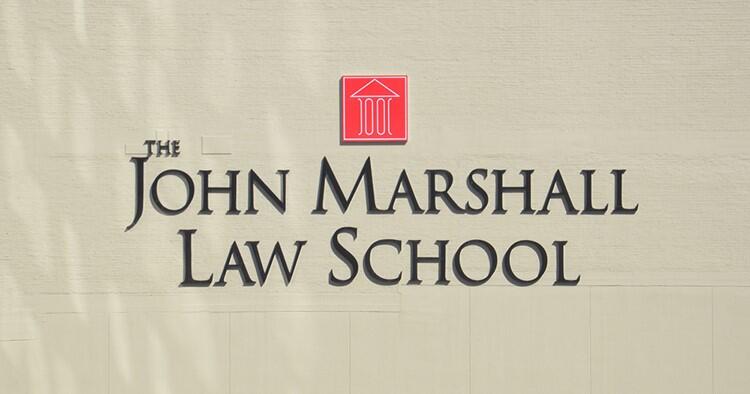
The Board of Trustees of the University of Illinois on behalf of The John Marshall Law School
This project will study the efficacy of an intervention to enhance law student writing skills and create a scalable, replicable model to improve student writing for use in other law schools.
View grant outcomes.
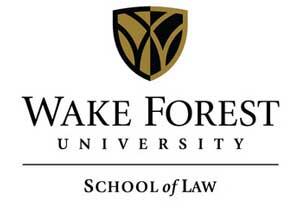
Wake Forest University School of Law
This project will identify students’ knowledge gaps about the law school admissions process, negative views of Predominantly White Institutions (PWIs), and financial barriers that lead to fewer application submissions, and fewer offers of acceptance.
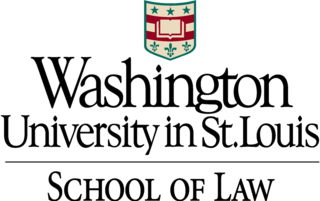
Washington University School of Law
The project aims to evaluate factors that will enhance the value and relevance of legal education, especially for historically underrepresented groups. The first objective is to create a nationwide archival dataset on lawyer rosters, lawyer disciplinary actions, and state occupational licensing requirements for lawyers in the United States from 1900 to 2018. Second, the research will investigate the effects of a host of law school and licensing policies that are relevant to the value of legal education.
View grant outcomes.

University of Hawai'I William S. Richardson School of Law
The project consists of two interventions – a MBE Intensive Course by Kaplan and a new Advanced Legal Analysis Course – that are designed to improve the legal analytical skills and bar passage prospects of students at the University of Hawai’i, William S. Richardson School of Law. These two interventions are components of a schoolwide effort to raise awareness and address the challenge of bar passage rates.
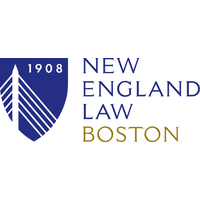
New England Law Boston
This project aims to reduce the bar passage barrier by training law students to rate their ability to self-assess on certain critical study practices and test-taking skills. New England Law Boston will measure the relationship between students’ academic performance and students’ assessment of their own skill levels and the improvement in students’ ability to accurately self-assess.
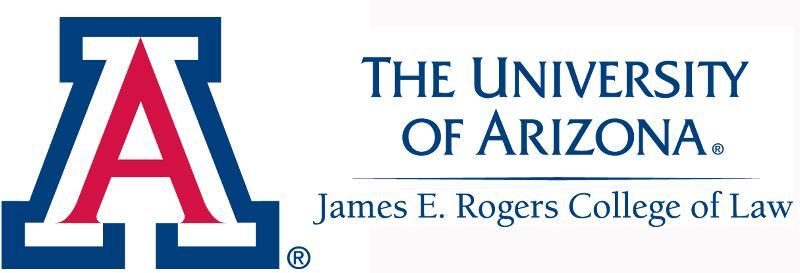
The Law College Association of the University of Arizona - James E. Rogers College of Law
JD-Next is an expanded program for the 2020 cohort and will serve two objectives: 1) to prepare diverse students for success in law school and 2) to provide a valid and reliable test for predicting law school performance. By linking these two goals together, JD-Next aims to achieve strong predictors of success without racial, ethnic, and socioeconomic biases that affect standardized tests.
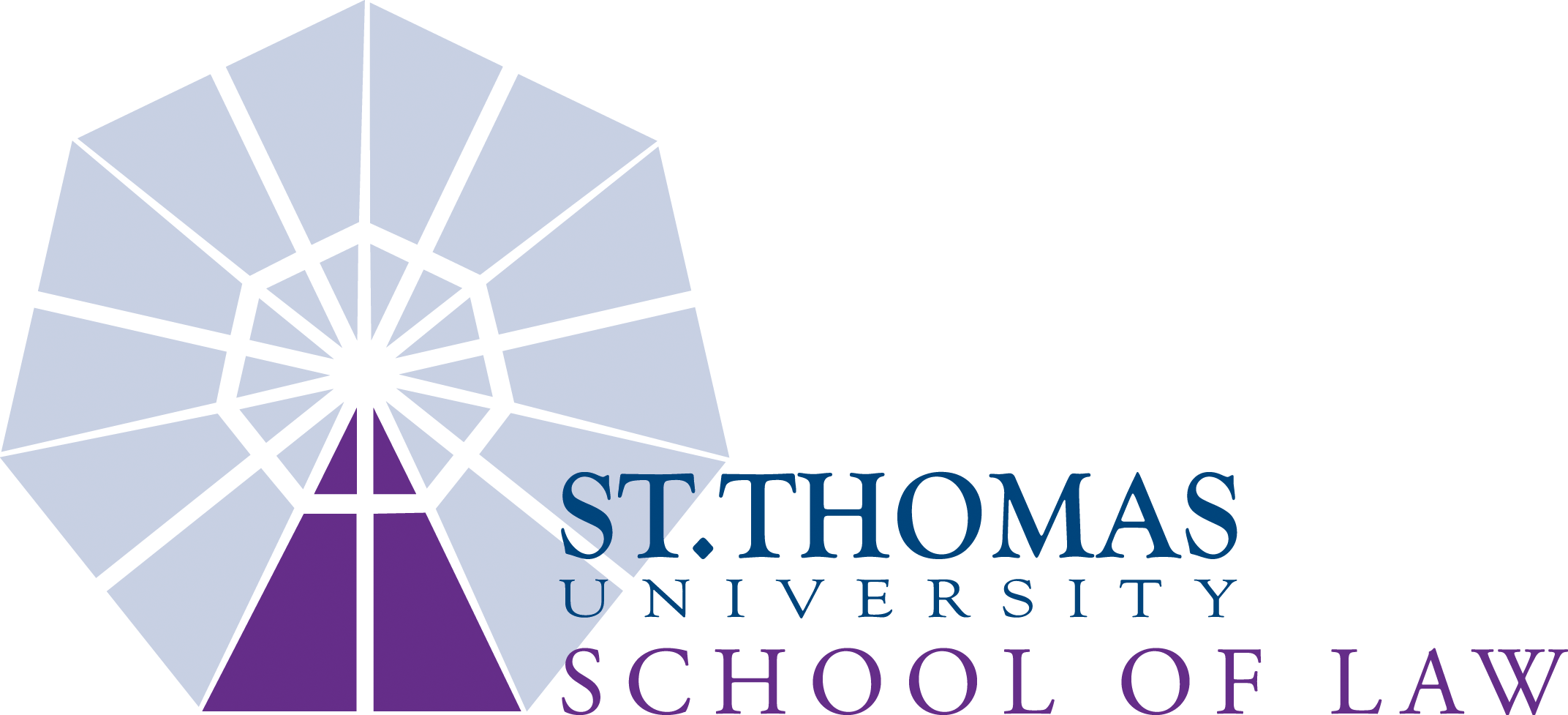
University of St. Thomas School of Law
The project is an updated version of the Survey of Law Student Well-Being that was conducted in 2014 [for a summary of the findings, read Suffering in Silence: The Survey of Law Student Well Being and the Reluctance of Law Students to Seek Help for Substance Use and Mental Health Concerns, 66 J. Leg. Educ. 116 (2016)]. The updated version of the survey would seek to learn how law student well-being has changed since 2014. The overall goal will be to determine whether there have been changes in the prevalence of substance use and mental health issues among law students and the extent to which increased attention to law student (and lawyer) well-being in the last few years has affected the willingness of law students to get help.

University of New Hampshire Franklin Pierce School of Law
The Preliminary Bar (Prelim) Tool-Kit at the University of New Hampshire (UNH) Franklin Pierce School of Law administers a miniature version of the Uniform Bar Exam (UBE) to students while they are still in school. Student results on the Prelim can then be used to inform students' personal trajectories of study and make cohort-level programming decisions to promote bar readiness, as opposed to the conventional approach where students turn to bar exam prep in earnest only after they graduate-- at which point, it is too late for the law school to be the strongest possible resource for these students.



